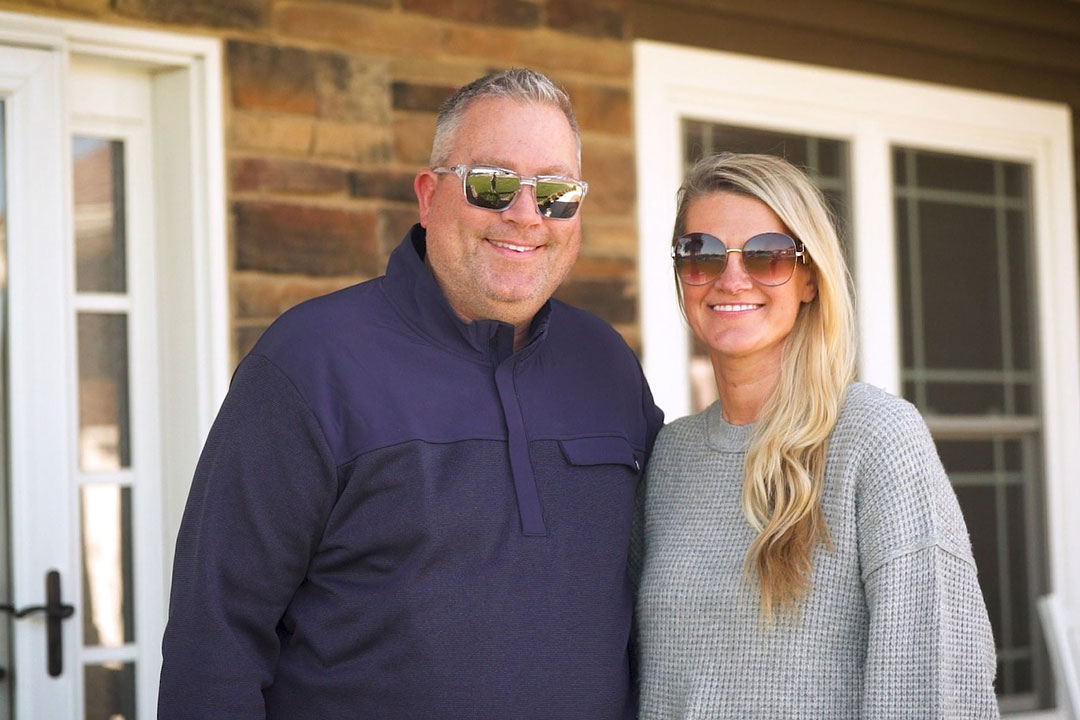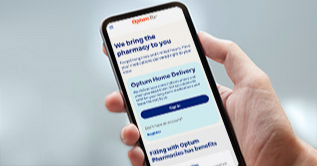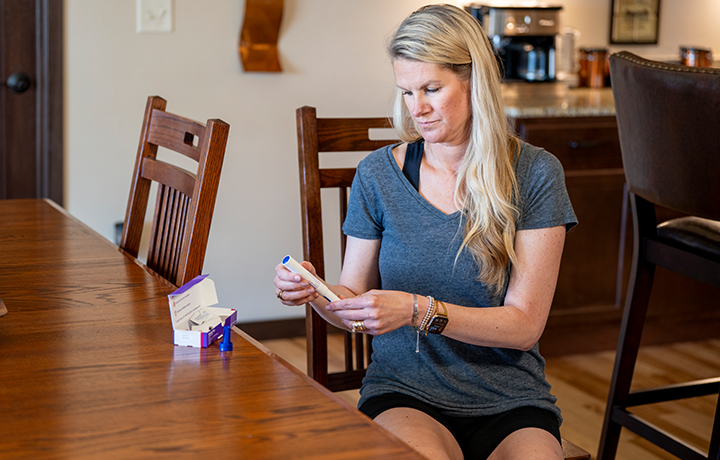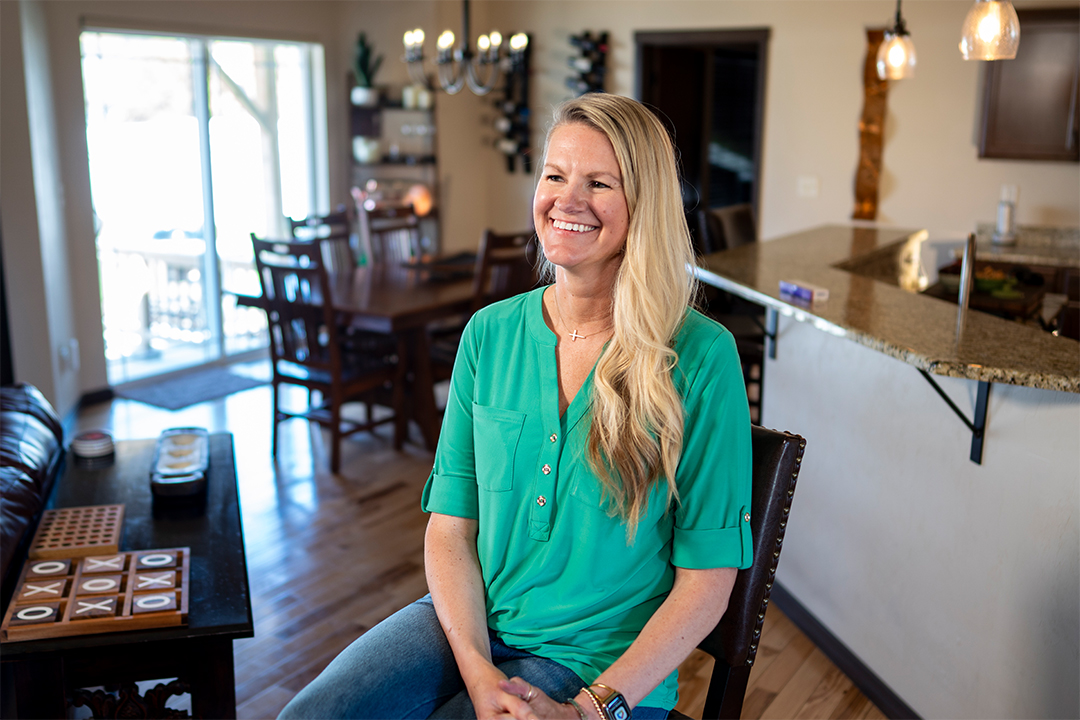Helping others with MS
Living with MS for 17 years now, I’ve had a lot of experience with symptoms, neurologists, treatment, specialty pharmacy care and self-care. I bring all of it to my conversations with someone newly diagnosed — and to my work as a product director for Optum Rx.
Everyone has their own journey, but maybe sharing mine can help ease anxieties, soften the learning curve or strengthen pharmacy services.
A couple of friends have been recently diagnosed with MS, and I’m so happy that I’ve been able to not only ease their concerns but get them connected with neurologists who can help them begin their treatments.
I gladly share my knowledge and experiences to help friends and family through the specialty pharmacy world, too.
Making pharmacy services work better for people like me
I started learning the behind-the-scenes of specialty pharmacy services while settling into my new job when I was first diagnosed. As part of the company’s product team, I needed to learn all aspects of our pharmacy business, including specialty.
Today, I manage the process that Optum Rx product teams use to develop new products that have a huge impact on people’s lives — everything from clinical programs to specialty programs to copay programs. You name it.
Being able to put myself on the patient side of the development journey has been valuable over the years. And now, to actually help launch and deliver these products is incredibly rewarding.
Right now, we’ve got 56 products in development with the express purpose of making pharmacy services work better for people like me. I’m proud to be a part of that.

Getting my medication refills the next day
I don’t think about my MS every day. But I can tell you the doctors weren’t wrong: When I’m stressed out, more symptoms bubble up. The one that happens most to me is tightness and tingling in my arms and legs. They can feel very, very heavy when my symptoms flare up. Less often, my symptoms include vertigo, heat sensitivity and general fatigue.
But I have made huge progress. The lesion on my brain stem is still my largest, but it’s significantly smaller than it was, and my number of lesions has decreased from 14 to 4. There’s no cure for MS, but there are treatments, and yes, you can slow the progression.
I’ve come a long way since my first injection. The Optum Specialty Pharmacy team was very comforting from the start, and I took advantage of being able to ask questions and get support as I was acclimating to the treatment.
Today, my medication still arrives on my back step — just last Thursday I got a shipment. It takes 30 seconds on my cell phone to submit the order, and it shows up the next day. It's fantastic.
I inject myself every Sunday with an auto injector and don’t need as much consulting. But still, every time I call Optum Specialty Pharmacy, they ask if I want to talk to a nurse. It’s priceless to have somebody waiting to answer any question, whether it’s about the disease, my shipment or even cost. They’re there for me, and I cannot tell you how comforting that is.
How I practice self-care
In addition to my injections, I take a lot of supplements and do whatever I can to naturally care for my disease and manage my stress — like being anywhere near water. I love being on or around water, so I try to get up to my cabin or lake whenever I can.
I also changed my diet. On the advice of neurologists and the specialty pharmacist, I went gluten-free early on, since there may be a connection between gluten and autoimmune diseases and sensitivities. Being a dietitian by trade, I wanted to do what was best for my health in the long run.
Finally, I have a Peloton bike, treadmill and rower and try to do a lot of Peloton’s strength programs, meditation and yoga, too. Even if my body is hurting, I still try to exercise. If my legs have that heaviness, I won’t go on the treadmill but rather the bike or rower. I always feel better afterward.
Navigating my symptoms and the unknown
When I was 29 and diagnosed with MS, I was afraid of the unknown.
Every day of my life is very unknown. Lesions change, and hopefully for the better — healing, not growing or multiplying. Symptoms change, too. What am I going to face today versus yesterday? And hopefully you have some days where it's just clear sailing and no symptoms.
It took time to feel confident in managing my symptoms and the unknown, but that’s what I've learned to do. I am doing all the right things, and that is my number one priority these days. I can say proudly that I am dealing and managing my symptoms just fine.







